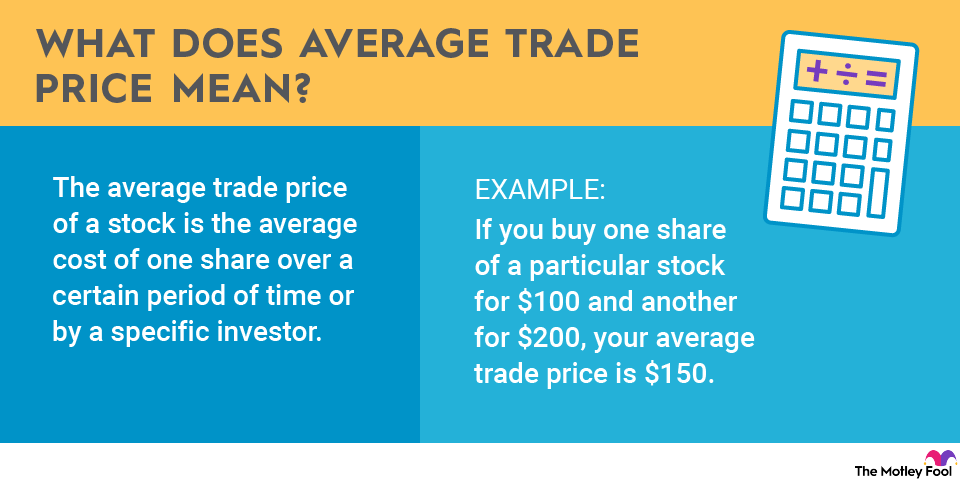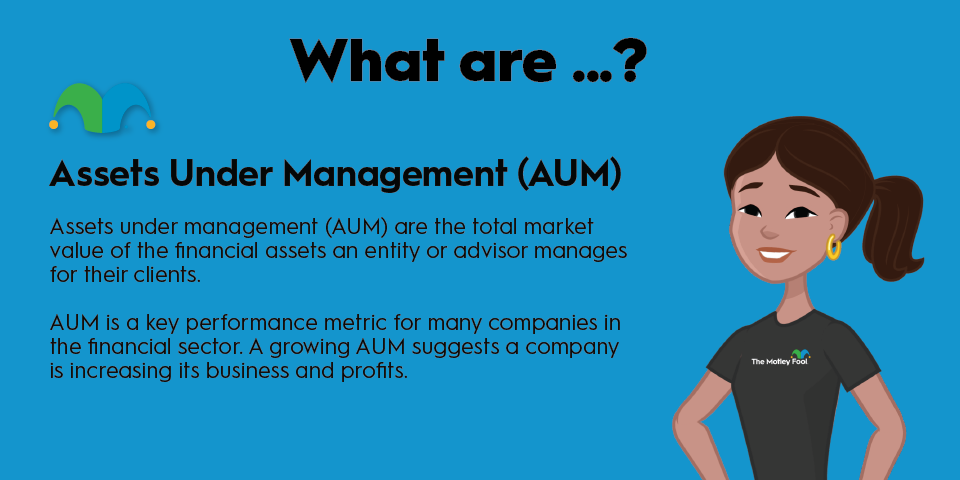In the world of trading, achieving alpha is what you're after, as alpha represents the ability to outperform the market. Different strategies or investment theses aim to reach alpha. But how do investments achieve this goal? Let's break down how alpha investments work.

What are alpha investments?
Alpha investments are strategies or investments designed to outperform a specific market index or benchmark. In financial terms, "alpha" measures the excess return generated by an investment relative to the broader market.
For instance, if the market gains 8% in a year and your portfolio grows 10%, the 2-point difference is alpha. Typically, alpha investments will be actively managed as part of a broader strategy, unlike more passive investments like ETFs that aim to mirror a benchmark index's performance instead of beating it.
Examples of alpha strategies include hedge funds that leverage macroeconomic trends, private equity investments in high-growth sectors, or targeted stock picking based on fundamental analysis. While these approaches can yield higher returns, they often carry greater risks, higher fees, and a reliance on skilled managers to consistently deliver results.
Understanding alpha investments
While passively managed mutual funds and ETFs aim to match market returns, alpha investments aim to generate additional gains, though those higher potential gains come with higher fees.
According to Morningstar research, only 13.2% of actively managed mutual funds beat the S&P 500 index in 2024. In the long run, actively managed funds often underperform passively managed funds, largely due to higher fees, though some skilled managers can outperform the market over extended periods.
Alpha investments are especially important for those who have specific financial goals or time horizons. But it's important to remember that achieving alpha usually requires more risk. Many high-alpha investments, like hedge funds and private equity, are reserved for accredited investors and institutional investors and aren't available to most retail traders.
How to find alpha investments
Alpha investments are not limited to stocks; they can include real estate, private equity, and alternative assets like wine and crypto. Be careful though, investing in alpha strategies with alternative assets like crypto can be a bit like gambling, i.e., you can win big and lose big.
It's generally best if a win-big investment alpha investment strategy is paired with a more diverse portfolio full of lower-risk, diversified assets, like S&P 500 index funds.
If everyone could generate alpha, everyone would do it. Achieving alpha requires a solid understanding of the market and careful research.
Start by identifying funds or managers with a history of outperforming their benchmarks. For example, actively managed mutual funds often aim to achieve alpha by selecting undervalued stocks or bonds.
Beyond traditional investments, consider exploring alternative assets like private equity, crypto, or real estate crowdfunding. These platforms offer access to unique opportunities where experienced managers aim for above-average returns. However, remember that these assets often come with higher volatility and require extra due diligence.
Also remember that active management almost always means higher fees. Fees can significantly impact the return of any investment, so it’s crucial to be mindful of costs. A fund that charges higher fees may still be worth it if its performance consistently generates strong alpha.
Related investing topics
Alpha in action: Bridgewaters Pure Alpha Fund
Bridgewater Associates' Pure Alpha Fund, under the leadership of Ray Dalio, has consistently outperformed the market through a distinctive investment approach. Dalio's strategy emphasizes deep analysis of economic cycles, diversification across assets, and systematic risk management.
The fund has been known to take positions in U.S. Treasury bonds when it anticipates economic slowdowns, which positions it to take advantage of falling interest rates and rising bond prices. During periods of high inflation, Bridgewater has strategically invested in commodities like gold and crude oil, which tend to appreciate as the purchasing power of fiat currencies declines.
The fund also leverages currency trades to exploit geopolitical and macroeconomic trends. During the European debt crisis, Bridgewater positioned itself to benefit from declines in the euro relative to the U.S. dollar as part of its broader strategy.



















